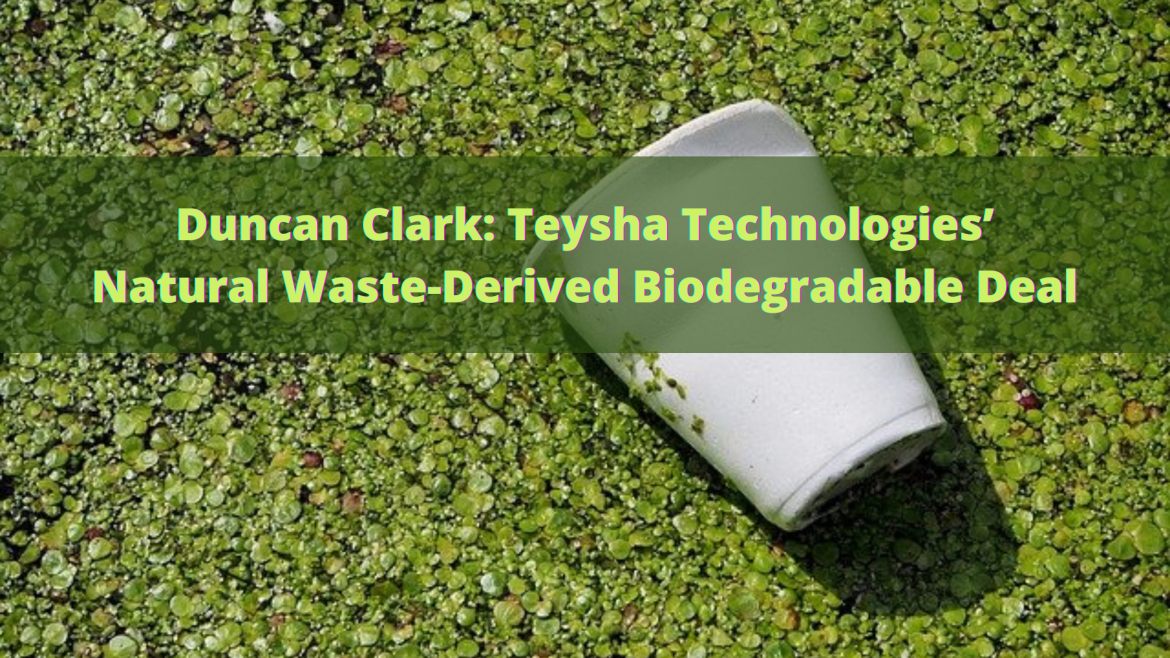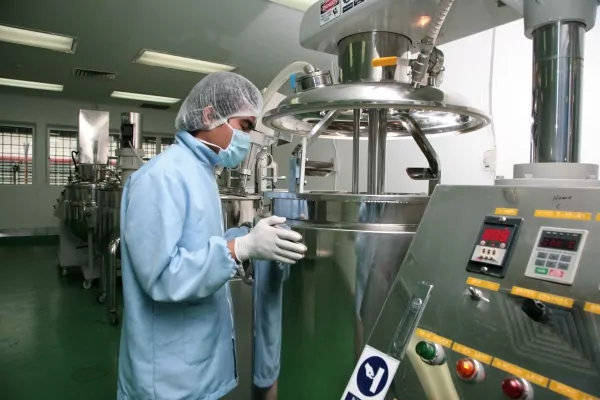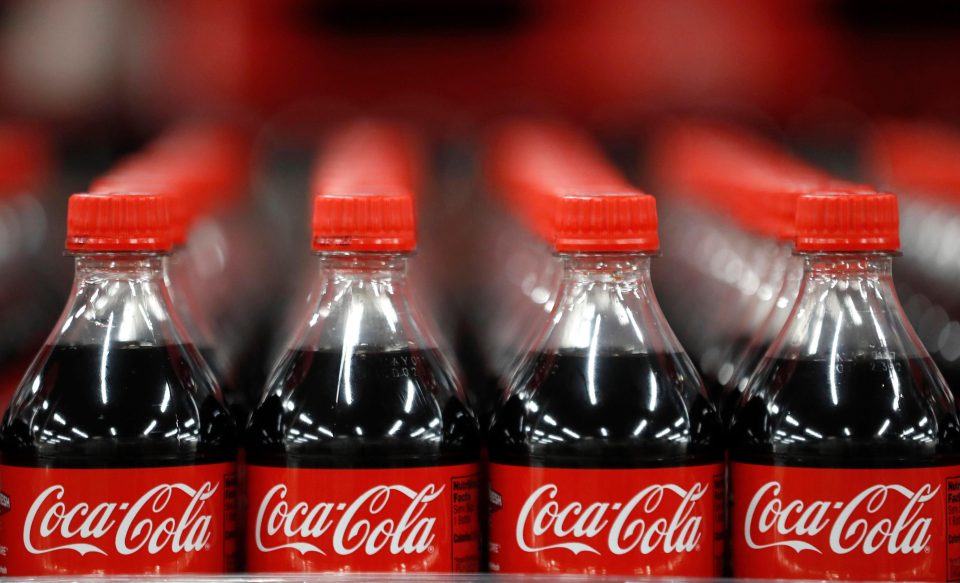In August 2020, Teysha Technologies announced that it had entered into a new partnership with a leading skincare manufacturer, providing biodegradable lids composed of natural, waste-derived materials.
Teysha Technologies has earned an enviable reputation throughout the manufacturing industry as a pioneer of naturally derived, second generation bioplastics. The organisation is collaborating with the Kind Planet Company, supporting empowerment of women and marginalised minorities throughout underserved communities in Africa while simultaneously working to reduce plastic waste in the world’s oceans.
Following negotiations with several multination organisations regarding implementation of its new biodegradable plastic product across a range of applications, Teysha Technologies entered into the deal with the UK’s Kind Planet Company, pledging to provide natural waste-derived biodegradable lids for the company’s new range of organic skincare products.
Using innovative, patented technology, Teysha Technologies’ new line of lids are designed to break down after disposal without leaving behind micro materials or pollutants. The Kind Planet Company, which specializes in skincare products made from all-organic ingredients, has adopted the packaging for its new line, which is produced using fruits exclusively picked and processed by female workers in Ghana, West Africa.
This revolutionary new product was developed through financing from angel investors following talks led by Duncan Clark, Teysha Technologies’ Head of Business Operations. The injection of collateral facilitated the development of prototypes. Teysha Technologies seeks to implement a range of practical applications for this innovative, eco-friendly new plastic substitute.
With a board headed by Managing Director Matthew Stone, Teysha Technologies has developed a strong culture of female empowerment and gender diversity. Many of the company’s senior roles are held by women, including its Chief Technical Officer and Head of Research and Development.
Through its new product line, the Kind Planet Company hopes to inspire and empower women across West Africa, helping them to establish their own profitable businesses. The organisation has provided women from 43 farms across Ghana with all of the necessary training, raw materials, and equipment required to cultivate process, and pack the fruits used in its skincare products.

All around the world today, plastic pollution attracts concern from environmentalists and policymakers alike. In recent years, media coverage of the Great Pacific Garbage Patch, an accumulation of plastic spanning an area almost three times the size of France, has sparked global concern and condemnation. The Ocean Cleanup organisation estimates that up to 2.41 million tonnes of plastic enter the world’s oceans each year. More than 50% of this plastic is less dense than water. It is washed down rivers and tributaries, floating on the surface when it reaches the sea.
Plastic pollution takes a heavy toll on wildlife, killing thousands of creatures, from small birds to blue whales. In the North Pacific each year, up to 24,000 tonnes of plastic are ingested by fish, transferring up the food chain to bigger sea life, and eventually, humans. One recent study showed that 25% of fish sold at Californian markets contained plastic, mostly in the form of microfibers trapped within the gut.
It is hoped that projects such as the collaboration between the Kind Planet Company and Teysha Technologies could mark the start of a new age in plastic, spurring a market shift to biodegradable consumables. As Matthew Stone explained, consumers are making choices about the products they buy based on their sustainability credentials. Teysha Technologies not only strives to ensure that its ground-breaking packaging is composed of sustainable materials, but simultaneously seeks to empower women and communities in developing nations.
Teysha Technologies aims to move swiftly to product testing, before gearing up for full-scale production of this new range of biodegradable packaging in early 2021.






